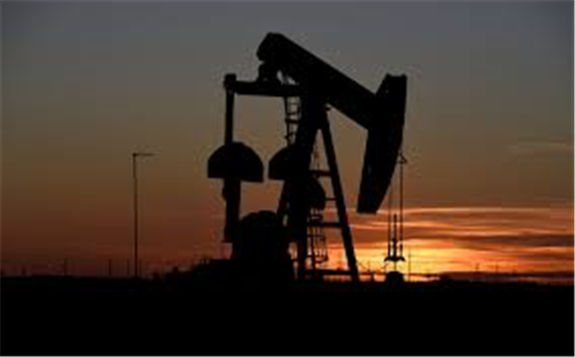The round failed to attract much attention, anyway, with just one applicant expressing interest after French Total withdrew.

Denmark is not a particularly large producer of oil and gas, with its average daily output this year estimated at 83,000 bpd of oil and 21,000 of oil equivalent. Yet it is the largest in the European Union, which excludes Norway and, from next year, the UK.
The small Scandinavian country is also one of the most ambitious climate goal-setters. Copenhagen plans to reduce emissions by 70 percent from 1990 levels by 2030 and become carbon-neutral by 2050.
said climate minister Dan Jørgensen in comments on the official statement regarding the suspension of oil and gas exploration in the North Sea.
The minister added that oil and gas industry employees whose jobs will become redundant under the plan will receive help through continuing education to find new employment. The oil and gas fields will be used for carbon storage, Jørgensen also said.
The end of fossil fuel extraction from the North Sea, including the canceled eighth licensing round, will cost Denmark some $2.1 billion.
Denmark has been at the forefront of the renewable energy transition, with 30 percent of the energy the country uses coming from renewable sources, notably wind power and biomass. It is the country with the highest wind power production per capita in the OECD, but most of its renewable energy output—some two-thirds—comes from biomass.